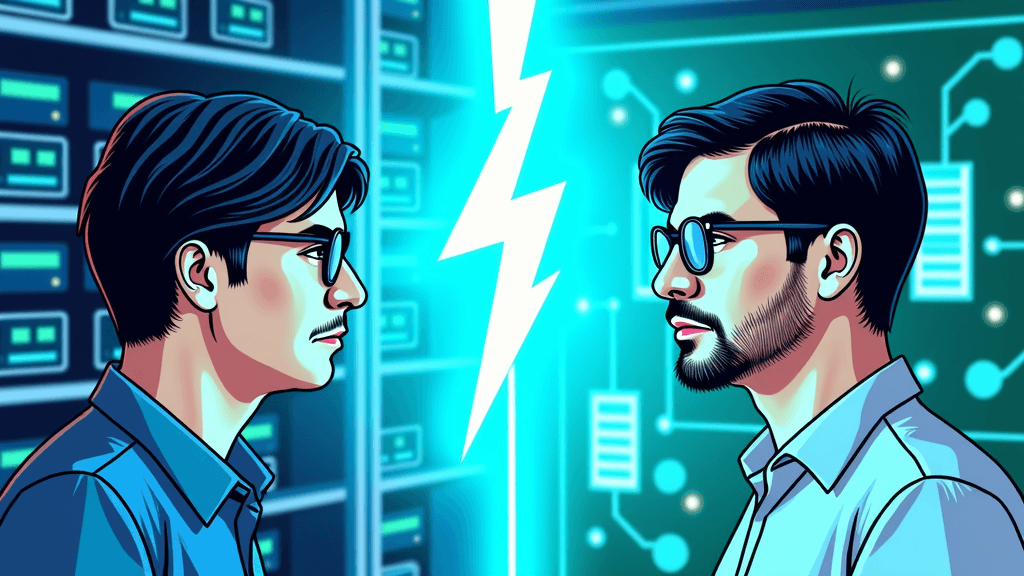The Urgent Regulation of AI in Brazil: Between Opportunities and Challenges
December 6, 2024 | by Matos AI

Over the past few days, I have been closely following a series of key developments regarding AI regulation in Brazil and its impacts on different sectors. As someone who has worked at the intersection of technology, innovation and public policy for over 15 years, I can say that we are living in a historic moment for the future of innovation in the country.
This analysis is based on news from the last 24 hours, which shows a rapidly evolving scenario, with decisions that will profoundly impact our society.
The Regulatory Framework for AI in Brazil
The approval of the bill regulating the use of AI by the Senate Temporary Committee represents a significant step forward. In my experience in building the Legal Framework for Startups, I have learned that regulating new technologies requires a delicate balance between protection and innovation.
Join my WhatsApp groups! Daily updates with the most relevant news in the AI world and a vibrant community!
- AI for Business: focused on business and strategy.
- AI Builders: with a more technical and hands-on approach.
The current text brings two fundamental concepts:
- “Excessive Risk” Systems: Which Will Be Banned
- “High Risk” Systems: Which Will Require Additional Regulation
Sectoral and Economic Impacts
One aspect that particularly concerns me is the economic impact of this transformation. According to CISAC data cited by Digital Look, the AI-generated content market is expected to grow from €3 billion to €64 billion by 2028. However, this growth may come with significant challenges for creators and artists.
In the financial sector, on the other hand, we see promising examples. As mentioned by Fast Company Brazil, AI is revolutionizing processes and increasing financial inclusion, something fundamental in a country where 107 million people are still underbanked.
Tensions and Debates
The manufacturing sector has expressed legitimate concerns about possible excessive restrictions. In my experience at Dínamo, I have learned that it is essential to create a regulatory environment that protects rights without stifling innovation.
The issue of disinformation, one of the most debated points in the project, demonstrates the complexity of regulating rapidly evolving technologies. In my view, we need flexible mechanisms that can adapt to technological developments.
The Path Ahead
For Brazil to position itself as a leader in AI, we need to:
- Investing in technological education and digital literacy
- Create adaptive governance mechanisms
- Fostering collaboration between the public and private sectors
- Protecting fundamental rights without hindering innovation
My experience building innovation programs has shown me that success depends on our ability to create an environment that balances regulation and technological development.
Conclusion
We are facing a unique opportunity to position Brazil at the forefront of responsible AI regulation. This moment calls for dialogue, balance and a vision for the future. As I always say in my lectures and mentoring sessions: technology should serve people, not the other way around.
We will closely monitor the next steps of this regulation, which will soon be voted on in the Senate plenary. The future of innovation in Brazil depends on the decisions we make today.
✨Did you like it? You can sign up to receive 10K Digital's newsletters in your email, curated by me, with the best content about AI and business.
➡️ Join the 10K Community here
RELATED POSTS
View all



